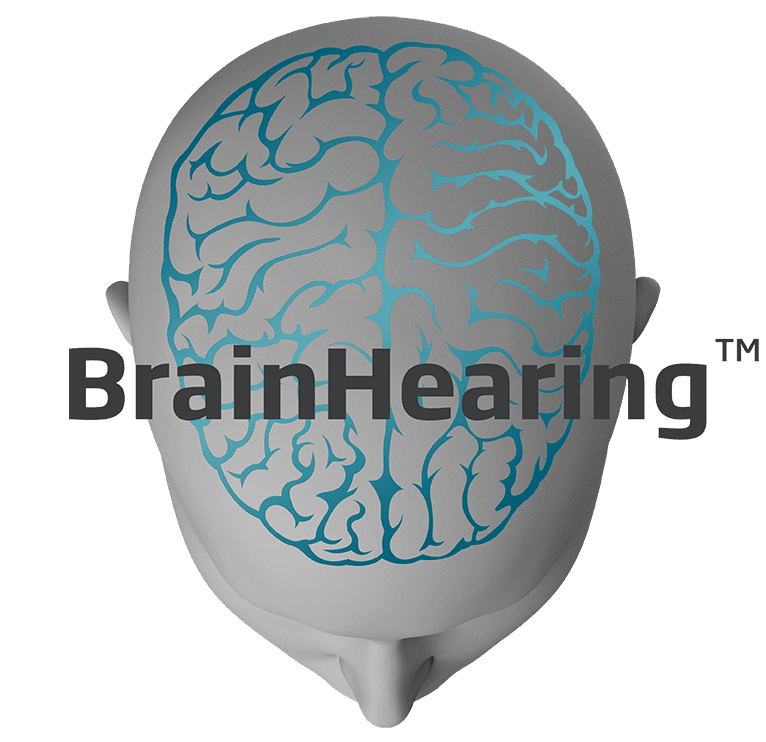BrainHearing™
It All Begins In The Brain...
BrainHearing™ is a revolutionary new technology in hearing aids that helps keep your brain healthy and active over time. By collecting sound from around you, it allows the user to understand and interpret what they hear—thus avoiding potential health issues associated with poor hearing. With this ground-breaking innovation, now everyone can benefit from having crystal clear audio clarity!
How the Brain Interacts with Sound Through the Ears
This Is Why Hearing Aids With BrainHearing™ Is So Important

Oticon has been consistently pioneering the future of hearing aids with BrainHearing—our distinct approach, which focuses on supporting how the brain interprets sound. For decades, their initiative has taken us to new heights in audiology and cognitive science, allowing people everywhere access to an unprecedented listening ability that improves their quality of life.
Our brains are capable of so much more than we thought – thanks to a groundbreaking scientific discovery, it’s now possible to give our brain access to an entire soundscape. We can use this revelation to make BrainHearing a reality and revolutionize hearing care into something truly extraordinary!
Let Us Tell You How BrainHearing™ Can Help You
Ignoring Hearing Loss Can Lead To Serious Consequences
Untreated hearing loss can lead to social isolation and mental health issues
Individuals with untreated hearing loss tend to avoid social situations because coping with complex sounds is challenging, leading to a higher risk of loneliness, social isolation, and depression.
Hearing loss and balance issues can lead to serious fall injuries
Balance issues can be a serious concern for individuals with untreated hearing loss. The risk of falls increases when the vestibular system, which helps us maintain balance, is not functioning correctly, it can increase the risk of falls. Falls are a leading cause of hip fractures, especially in older adults. Hip fractures can be extremely debilitating and require surgery, hospitalization, and long-term rehabilitation. In some cases, they can even lead to death.
Individuals with hearing loss should seek treatment and take steps to address balance issues to reduce the risk of falls and serious injuries such as hip fractures.
Untreated hearing loss may increase risk of cognitive decline and dementia
Evidence suggests that untreated hearing loss may be a risk factor for cognitive decline and dementia. One study found that individuals with hearing loss were more likely to develop cognitive decline and dementia over time than those with normal hearing.
It is thought that the strain of trying to understand and process speech in a noisy environment may contribute to developing these conditions. Social isolation and depression, which can be consequences of untreated hearing loss, have also been linked to cognitive decline. It is important for individuals with hearing loss to seek treatment to maintain cognitive health and prevent these potential consequences.
Our Patients say it best



Let Us Reach Out To You Today
Our Patients say it best



Our Patients say it best



Our Patients Say It Best



